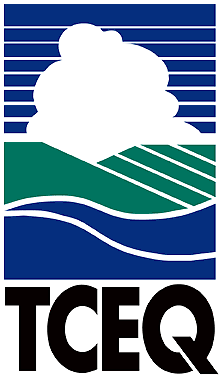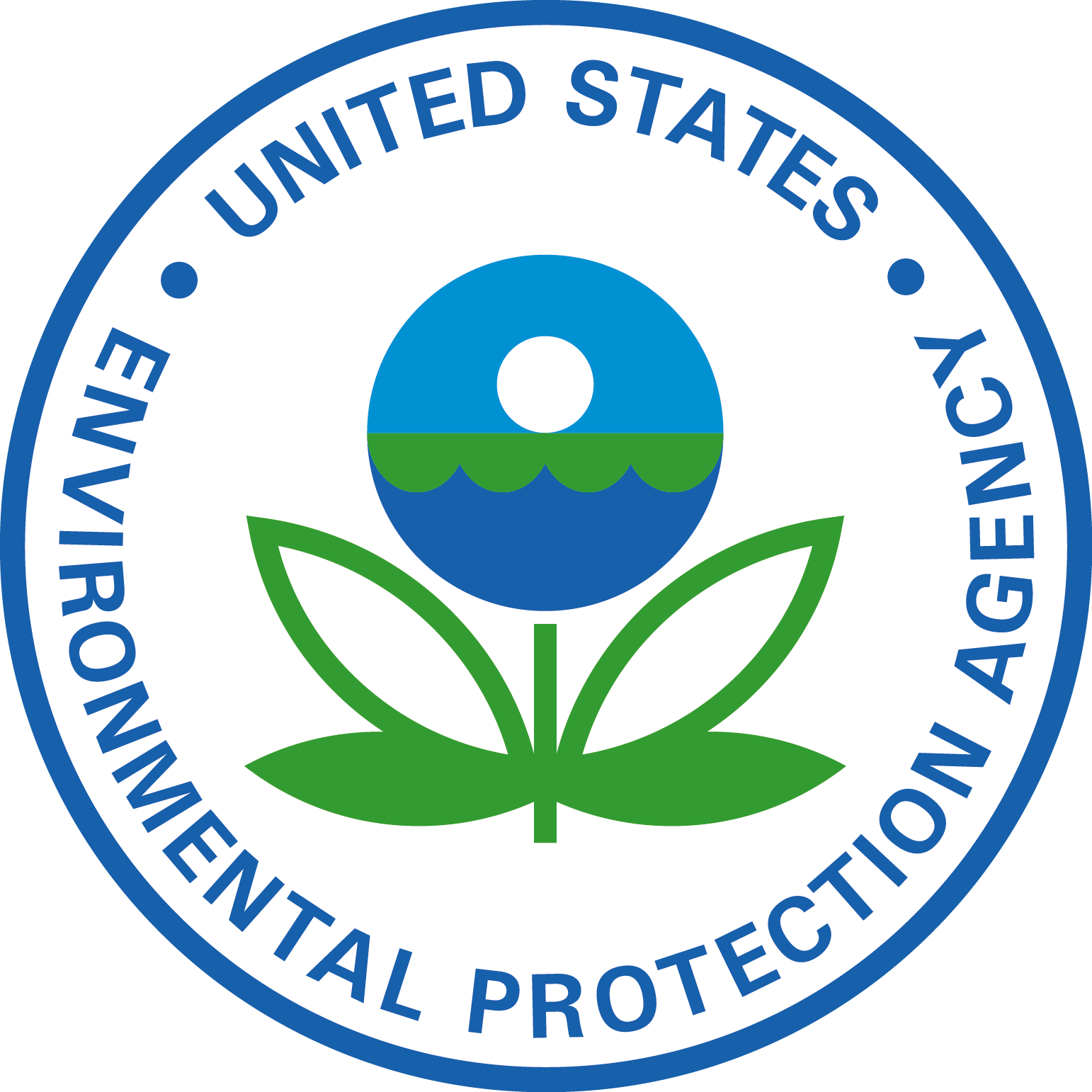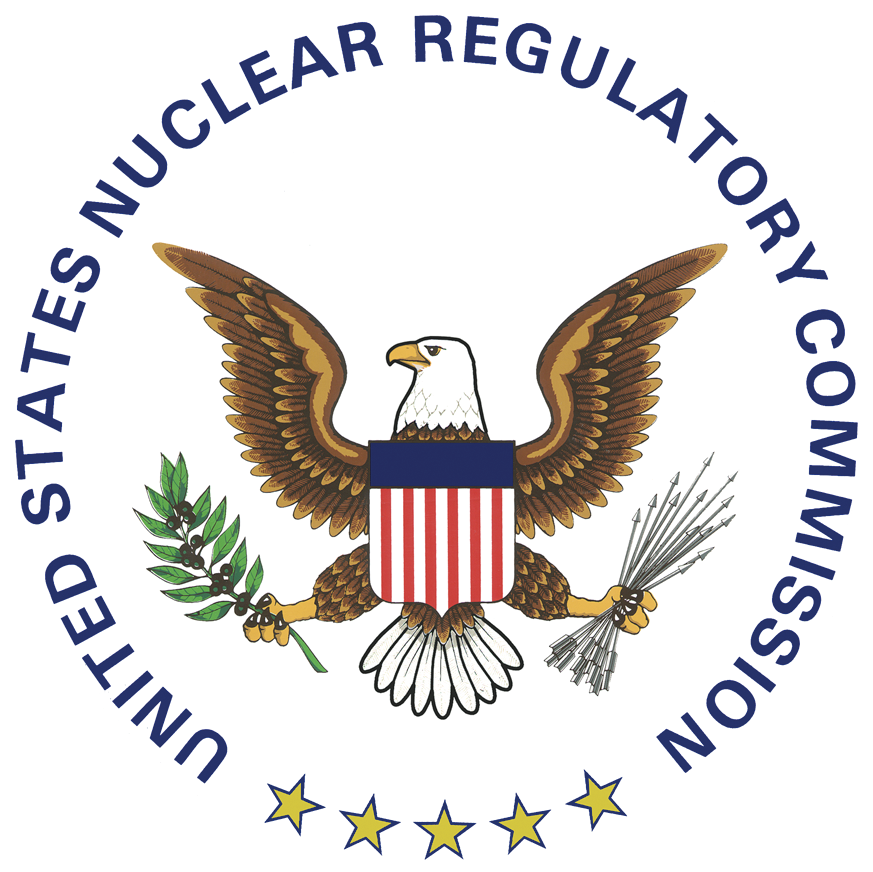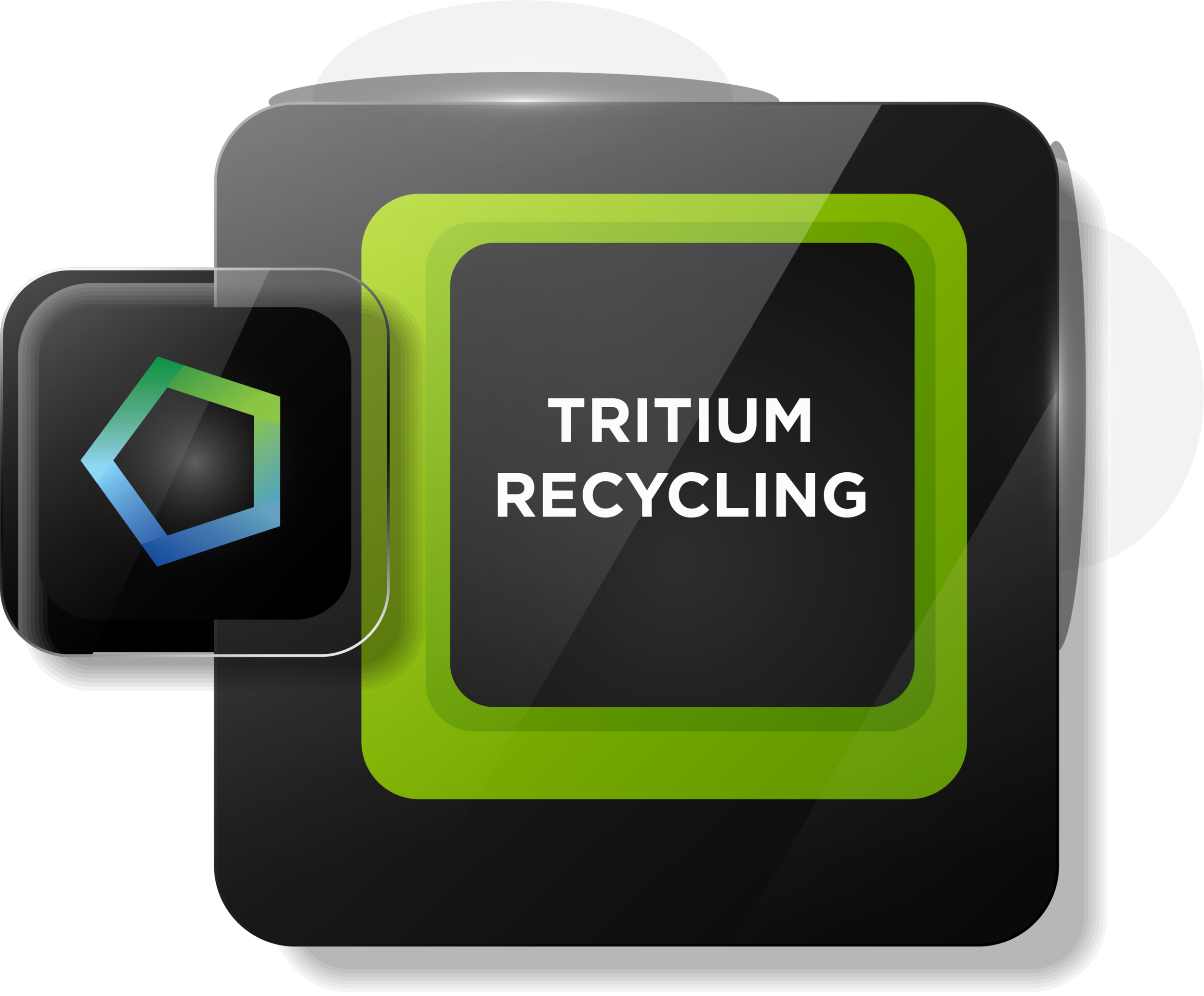The disposal of Nickel 63 and Tritium foils and the devices containing these foils is increasingly difficult due to limitations on the disposal of foils at land disposal sites. Land disposal site acceptance criteria limit the millicurie content per volume or per mass for each radionuclide contained in the waste. In addition, land disposal sites charge a per millicurie surcharge for each millicurie contained in the waste and disposal of used foils and devices containing foils often costs more than the cost of the replacement foil. Land disposal sites require that each generator obtain and pay for a site use permit.
For those generators whose waste is to be disposed at the Richland, WA or Barnwell, SC land disposal sites, NSSI can assist with obtaining the permits and providing the necessary insurance coverage. Tritium foil generators may wish to consider using NSSI's new Tritium recovery process. After removal of the Tritium, the minimally contaminated foil is disposed as NSSI generated solid radioactive waste.
Uranium, and Thorium Nitrate and a few other compounds are EPA waste coded D001 and /or D003 and must be properly treated to eliminate these codes before they are acceptable for land disposal. Land disposal sites may require that a generator or broker, who wishes to ship Uranium and Thorium compounds provide analytical data to demonstrate that the compounds do not carry EPA waste codes. NSSI provides chemical treatment, stabilization, and testing to satisfy the disposal site requirements. Uranium and Thorium containing waste materials must be properly packaged, labeled, and transported on both a Texas Uniform Waste Manifest and a radioactive waste manifest signed by the generator. Compounds with EPA waste codes must be accompanied by a Land Disposal Restriction form. Each generator must provide a current copy of their disposal site use permits to NSSI before NSSI will authorize shipment of the wastes to NSSI. NSSI also accepts and treats liquids containing dissolved Uranium and Thorium compounds and in solution with other chemicals.
Charges for treatment and disposal of Uranium and Thorium compounds are based on the gross weight of the Uranium or Thorium compound and its primary container. In order to profile such wastes, the generator will be required to submit samples of the solutions to a qualified laboratory for a total TCLP metals and total Uranium analysis and to provide the analytical results with the waste profile submitted to NSSI. With these data, NSSI will be able to quote a firm treatment and disposal price. Uranyl Acetate contaminated debris is accepted and priced based on the chemical and physical constituents. Contact NSSI for assistance with profiling.
Beginning in 2013 in Texas, licensing was made exempt for low-level radioactive materials used in the oil and gas exploration and production industries and these materials could be buried by the users as longs as the tracers are not water soluble, do not exceed 1000 picocuries per gram and have a half-life of less than 120 days. NSSI can provide disposal of all tracer materials that are not exempt under SECTION 336.227 Radioactive Tracers Used in the Exploration, Development or Production of Oil or Gas or Geothermal Resources.


















